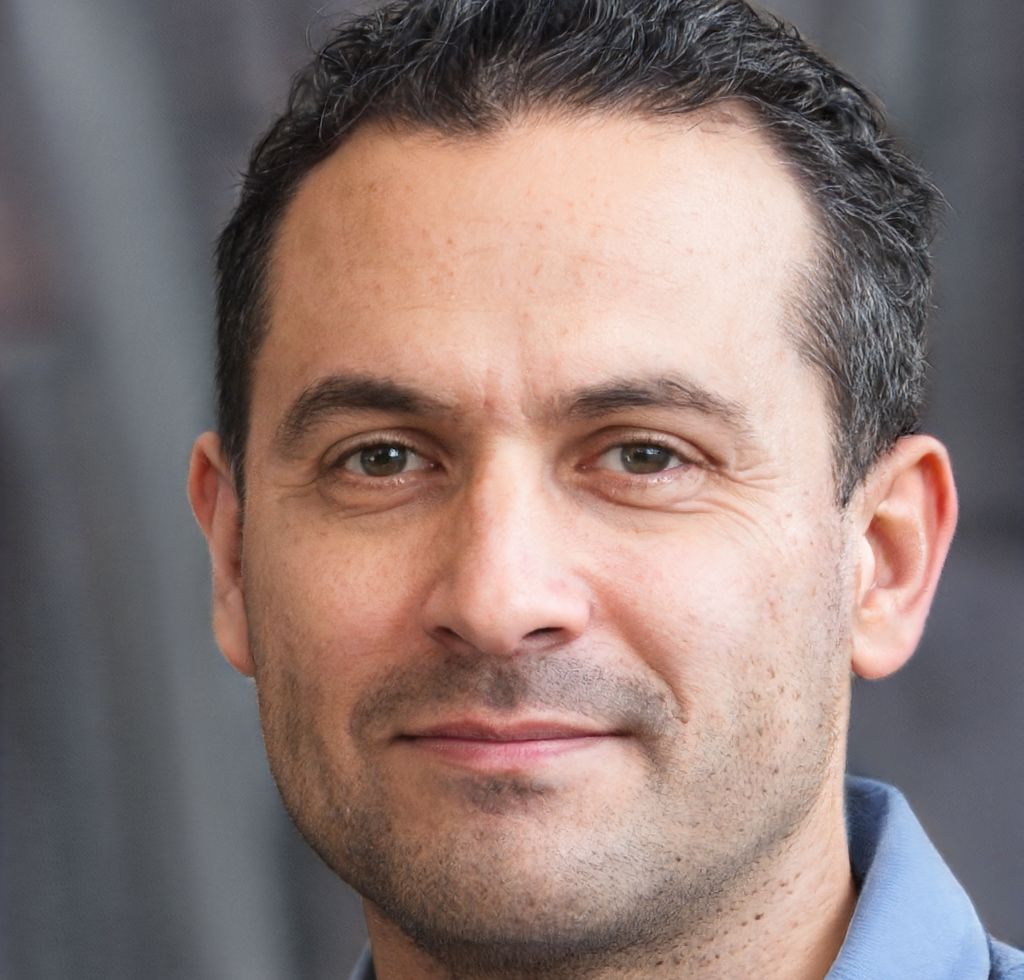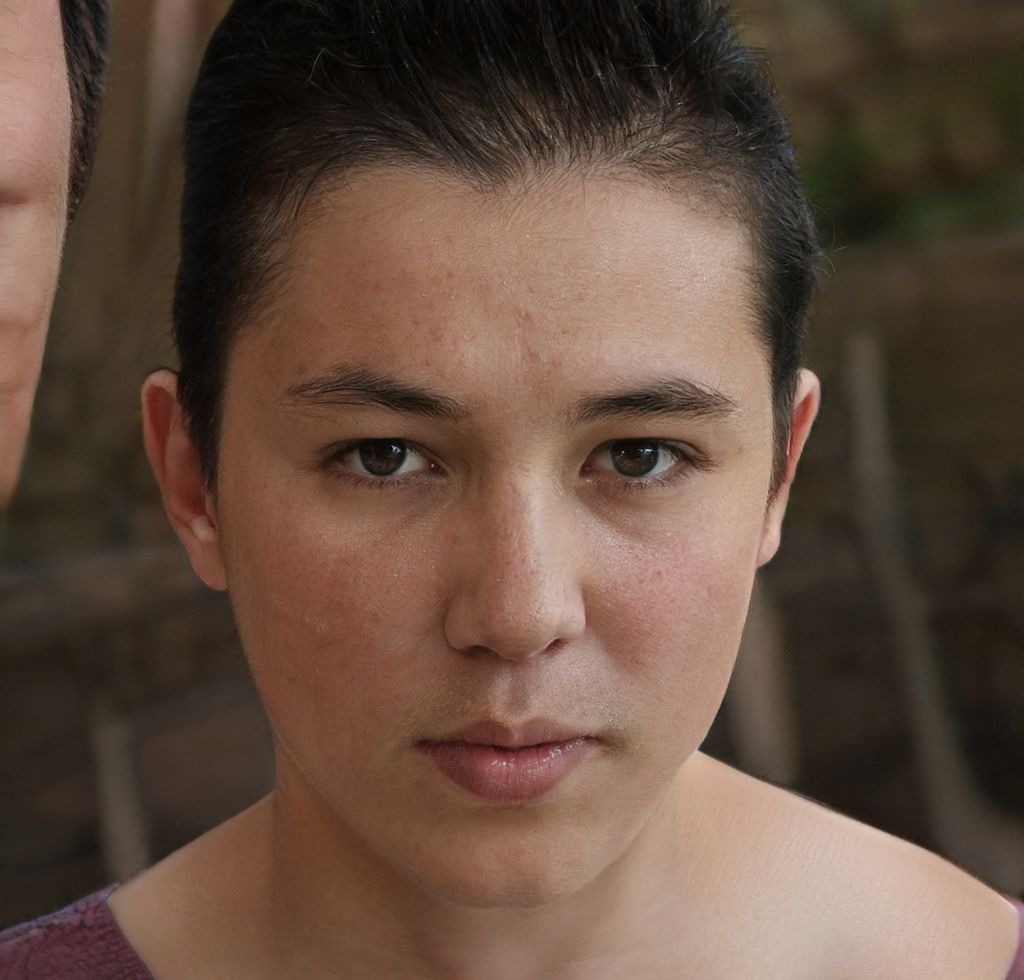Why does photosynthesis require biological catalysts?
The various reactions in photosynthesis require biological catalysts, which are called enzymes.
There are two primary stages to photosynthesis: the Hill's reaction, also known as the light reaction, and Blackmann's reaction, also known as the dark reaction.
The different stages of the dark reaction take place whether or not light is present. Light reaction happens when light is present. Dark reaction does not require light.
Enzymes, or biological catalysts, regulate the different steps of a dark reaction. Unlike other catalysts, the activity of enzymes is influenced by a variety of factors, such as temperature, medium pH, substrate or end product concentration, and most of the reactions that enzymes control are reversible.
By signing up, you agree to our Terms of Service and Privacy Policy
The rate of photosynthesis would be too slow to support life processes without biological catalysts, which accelerate the rate of the chemical reactions involved in the process. Examples of these catalysts are enzymes, which lower the activation energy required for the reactions to occur, making photosynthesis more efficient.
By signing up, you agree to our Terms of Service and Privacy Policy
When evaluating a one-sided limit, you need to be careful when a quantity is approaching zero since its sign is different depending on which way it is approaching zero from. Let us look at some examples.
When evaluating a one-sided limit, you need to be careful when a quantity is approaching zero since its sign is different depending on which way it is approaching zero from. Let us look at some examples.
When evaluating a one-sided limit, you need to be careful when a quantity is approaching zero since its sign is different depending on which way it is approaching zero from. Let us look at some examples.
When evaluating a one-sided limit, you need to be careful when a quantity is approaching zero since its sign is different depending on which way it is approaching zero from. Let us look at some examples.

- 98% accuracy study help
- Covers math, physics, chemistry, biology, and more
- Step-by-step, in-depth guides
- Readily available 24/7
 Piper Anderson
Piper Anderson Connor Abernathy
Connor Abernathy